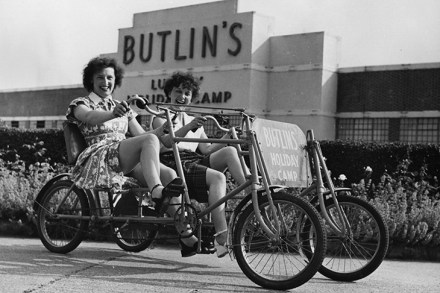The Foreign Office has lost the plot in the Middle East
Last Friday the UN Security Council rejected any extension of the arms embargo on Iran. That embargo — imposed in 2007 — began to get phased out after the 2015 Iran nuclear deal. But a ‘snapback’ provision was put in place intended to allow the return of all such sanctions should Iran violate the terms




















